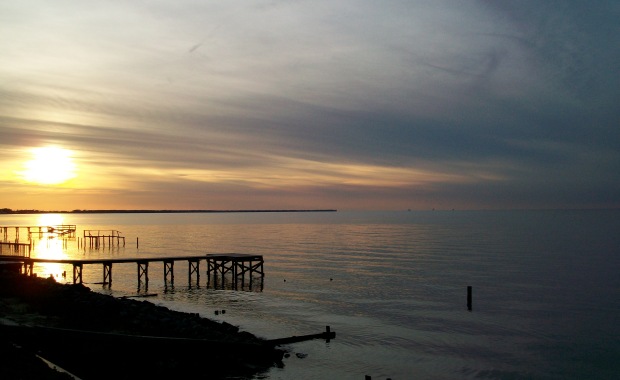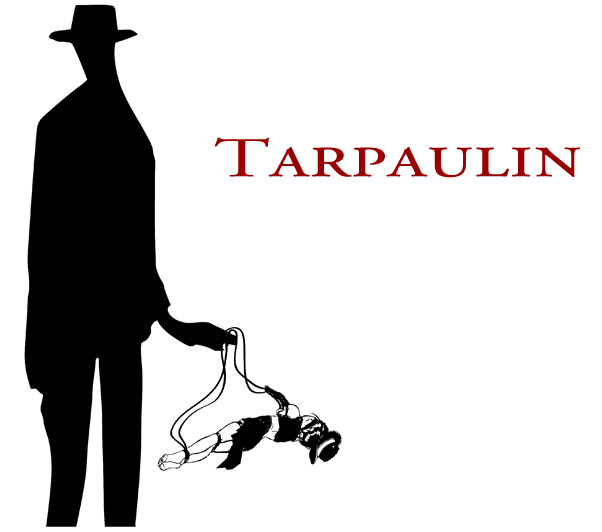
Poets for Living Waters is a poetry action in response to the BP oil disaster in the Gulf of Mexico begun on April 20, 2010, one of the most profound human-made ecological catastrophes in history. Former US poet laureate Robert Pinsky describes the popularity of poetry after 9/11 as a turn away from the disaster’s overwhelming enormity to a more manageable individual scale. As we confront the magnitude of this recent tragedy, such a return may well aid us.
The first law of ecology states that everything is connected to everything else. An appreciation of this systemic connectivity suggests a wide range of poetry will offer a meaningful response to the current crisis, including work that harkens back to Hurricane Katrina and the ongoing regional effects.If you would like to submit work for consideration, please contact editors Amy King & Heidi Lynn Staples: http://poetsgulfcoast.wordpress.com/
This online periodical is the first in a planned series of actions. Further actions will include a print anthology and a public reading in Washington DC.
Recent contributors include Frank Sherlock, Brooks Haxton, Angela Sorby, T. Clayton Wood, Ron Silliman, Tamiko Beyer, Judith Barrington, James Wagner, Julian T. Brolaski, Lisanne Thompson, Jan Heller Levi, Sam Schild, Alison Pelegrin, Stephanie Strickland, Cynthia Lawson Jaramillo, Paul Ryan, Nicole Cooley, Rodrigo Toscano, Joseph P. Wood, Gordon Massman, Tara Betts, Fady Joudah, Philip Metres, Jeff Newberry, Kirsten Kaschock, Patrick Durgin, Alicia Ostriker, Carly Sachs, Kate Schapira, Bill Marsh, Evie Shockley and Franz Wright.
Traci O Connor has new work in PANK.
Carrie Olivia Adams takes "a brief look at writers who are using the dictionary as the structuring architecture of a chapbook," including Jeanne Morel's sold-out chap, That Crossing Is Not Automatic.
Amy Henry reviews Andrew Zornoza's Where I Stay
TSky editor Laynie Browne's The Desires of Letters is out from Counterpath.
"Motherhood and housewifery and other worldly concerns of the female artist-provider ride rampant here in this bustling exploding book of prose & poem meditations. One of our best writers does it again" (Anne Waldman). Prose, verse, letters, and plays, The Desires of Letters is a passionate commentary on writing, mothering, and the navigation of politics, community, and imagination. An homage to Bernadette Mayer's The Desires of Mothers to Please Others in Letters, the book begins at the onset of the 2003 Iraq war and becomes "transformative . . . [in] its negotiation of the global and the domestic, beauty made bittersweet with annoyance and exhaustion, all that advice about how to raise a child and write at the same time" (Juliana Spahr).
TSky contributor Lance Phillips' These Indicium Tales is out from Ahsahta.
Both sensuous and sensual, These Indicium Tales continues Lance Phillips’ meditations on the body. Here, the indicia—markings or symbols—are birds, insects, and flowers, but rather than standing for the body, they stand with it in an exploration that refuses to romanticize nature. In this phenomenology of eros, where Phillips writes “I can't think of a way of continuing that is not sexually charged,” no word is wasted. Though lines stutter and jam together, though syntax is disrupted and interwoven with silence, the language itself remains delicious on the tongue, even when read silently—which is precisely the sort of conundrum these Tales love to raise and leave in ambiguity.
Black Clock strikes again.




